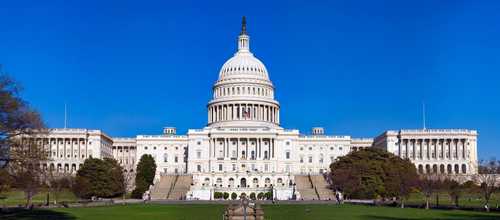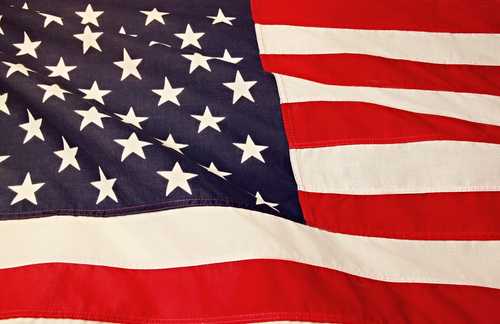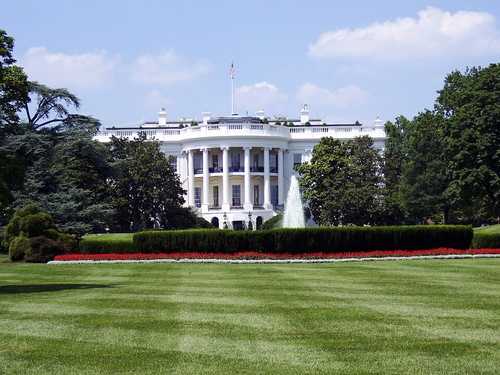What are the requirements for an H-1B visa?
H-1B lawyer summary: To be eligible for an H-1B visa the applicant must have at least a bachelor’s degree and have a valid job offer from a US employer for specialty occupation position.
Detailed explanation from employment-based immigration lawyer:
What are the educational requirements for an H-1B visa?
To be eligible for an H-1B visa the applicant must have at least a bachelor’s degree that is relevant to the H-1B position.
If you do not have a bachelor’s degree, but have extensive work experience in a field related to the H-1B position, you may be able to qualify for an H-1B visa if your work experience is equivalent to a bachelor’s degree. Usually, to be eligible for such H-1B degree equivalency, you will need to have 12 or more years of work experience in a field related to the H-1B position.
If you would like to know whether your degree or work experience qualifies for an H-1B visa or if you would like a personalized employment-based visa USA strategy, contact our employment-based immigration lawyer.
What qualifies as a valid job offer?
For H-1B purposes, a job offer is valid if the US employer has the ability to control and determine your job duties and salary. The US employer must also have the ability to hire, fire, promote, or demote you from the H-1B position.
If you are not a regular W-2 worker, and are seeking an H-1B petition as an agent or contractor, it is important to explain to USCIS in your H-1B petition how your relationship with your employer satisfies the H-1B job offer requirement.
What is a specialty occupation?
According to the employment-based immigration regulations, specifically regulation 8 CFR § 214.2(h)(4)(iii)(A), to qualify for a specialty occupation, an H-1B position must satisfy at least one of the below requirements:
- The position normally requires a minimum of a bachelor’s degree or its foreign equivalent for entry into the particular position.
- The degree requirement is common in the industry, meaning similar organizations to the employer usually require a degree for the position. The position is so complex that it can only be performed by someone with at least a bachelor’s degree.
- The employer normally requires a degree or its foreign equivalent for the position.
- The specific duties to be performed are so specialized and complex that a degree is normally required to obtain the required knowledge to perform the job duties.
What is the H-1B visa application process?
H-1B attorney summary: The US employer must complete Form I-129 with all required supplements, obtain an LCA, and file the I-129 petition with all applicable USCIS fees. If USCIS receives over 85,000 H-1B petitions in a year, the H-1B petitions are entered into a lottery. If your case is selected in the H-1B lottery, USCIS will process your case.
Detailed explanation from employment-based immigration attorney:
What USCIS form do you file for an H-1B?
If the beneficiary and the position satisfy the H-1B requirements listed above, the US employer must file Form I-129, Petition for a Nonimmigrant Worker with USCIS to sponsor an employee for an H-1B visa.
What is the LCA?
A critical part of the H-1B petition is the Labor Condition Application (LCA) which is filed by the petitioning US employer. Your H-1B petition will only be approved if the US employer has an approved LCA for the H-1B position. The purpose of the LCA is to ensure that the employment of the H-1B worker does not negatively affect the working conditions and wages of US workers. The LCA also ensures that the US employer does not exploit the H-1B worker by paying her a substandard salary or by providing inadequate working conditions.
I offer confidential 30 minute & 1 hour consultations.
Schedule a consultation
What is the H-1B lottery?
Every year on April 1, USCIS starts accepting H-1B petitions for positions with start dates after October 1 of the same year. Only 85,000 H-1B visas are made available each year. If USCIS receives over 85,000 H-1B petitions, the petitions are entered into the annual H-1B lottery in which 85,000 H-1B petitions are randomly selected.
How does the H-1B lottery work?
USCIS uses a two cap system to randomly select 85,000 H-1B petitions in its annual H-1B lottery.
First, the H-1B master’s cap has 20,000 available slots which are reserved for individuals with advanced degrees. If USCIS receives more than 20,000 H-1B petitions from individuals with advanced degrees, any H-1B petitions for advance degree holders who are not selected in the master’s cap are automatically added to the regular cap. This, in effect, gives H-1B applicants with advanced degrees a second chance at the H-1B lottery.
Second, the H-1B regular cap has 65,000 available slots. All filed H-1B petitions including those not selected in the master’s cap are considered for the regular cap. If your case is selected, USCIS will commence processing your H-1B petition and send you a receipt notice. If your case is not selected, you will have to wait until next year to apply on April 1 again.
If your H-1B petition is approved, you can start working on October 1 of the same year your H-1B petition was filed. Your H-1B status will be valid for a maximum initial period of 3 years which can be extended for an additional 3 years for a maximum time of 6 years in H-1B status.
How can I avoid the H-1B lottery?
H-1B lawyer summary: If your US employer is a cap-exempt organization or if you have already been counted against the H-1B cap in a previous year, you do not need to go through the H-1B lottery process.
Detailed answer from employment-based immigration attorney:
An H-1B petition will be exempt from the annual H-1B cap, if the petitioning US employer is a governmental or non-profit research organization, an institution of higher education or a non-profit organization affiliated with an institution of higher education.
Pandev Law’s employment-based immigration lawyer has helped numerous schools, colleges, and research institutions qualify as cap-exempt employers for H-1B purposes, and has secured many cap-exempt H-1B visa approvals avoiding the lottery.
H-1B lawyer tip: If your petition was selected in the H-1B lottery in a previous year and you have not reached the maximum of 6 years in H-1B status, your next H-1B petition should be considered cap-exempt.
Does an H-1B visa lead to a green card?
H-1B lawyer summary: The H-1B visa is a dual intent visa which allows the H-1B visa holder to apply for a green card.
Detailed explanation from employment-based immigration attorney:
The H-1B visa is a dual intent visa. Dual intent is an immigration law concept which allows a temporary nonimmigrant visa holder to apply for US permanent residence, also called a US green card. Most temporary nonimmigrant visas, such as E-2, TN, F-1, and J-1 visas, require that the nonimmigrant visa holder intend to return to their home country at the end of the temporary stay in the US. However, H-1B visa permits the H-1B visa holder to have dual intent to pursue a green card or return home at the end of her stay in H-1B status. This is a major advantage of the H-1B visa versus other temporary nonimmigrant visa categories.
An H-1B visa holder can obtain a green card either through a family-based green card petition or through an EB-1, EB-2, EB-3, EB-4, or EB-5 employment-based green card petition.
Our Employment-Based Immigration Lawyer is Here to Help You
Do you need assistance preparing and filing an H-1B petition? Our employment-based immigration attorney can devise a custom-tailored H-1B strategy and prepare your H-1B petition in compliance with all relevant employment-based immigration rules. As an experienced employment-based immigration law firm, Pandev Law has the knowledge and experience to guide you through your H-1B visa process.
Please complete our contact form, email [email protected], or call us at (212) 220-6652, to schedule a consultation with our employment-based immigration attorney.
During your consultation, our employment-based immigration lawyer will provide an honest assessment of your case, and a recommendation for your next steps.
Disclaimer: This blog article is provided by Pandev Law, LLC for general educational and informational purposes only. Although this article discusses general legal issues, it does not constitute legal advice nor does it establish an attorney-client relationship. No reader should act or refrain from acting on the basis of any information presented in this article, or elsewhere on this website, without seeking the advice of appropriate legal counsel, or other professional counsel, licensed in the relevant jurisdiction. Pandev Law, LLC expressly disclaims any and all liability with respect to any actions taken, or not taken, based on any content of this article or website. This blog article may constitute attorney advertising. Prior results do not guarantee a similar outcome.














